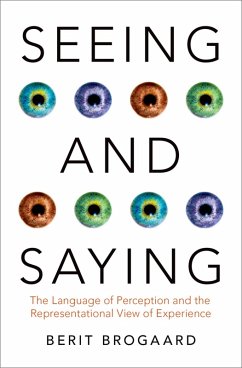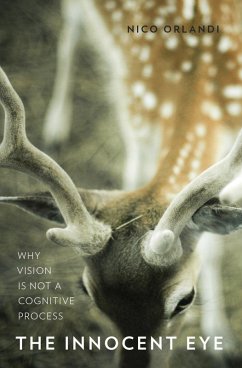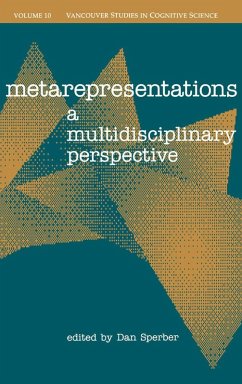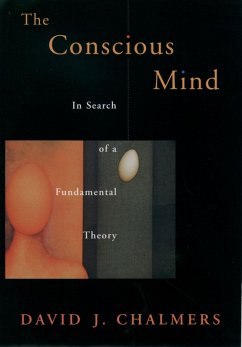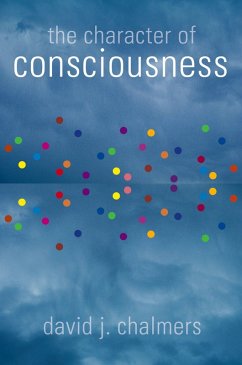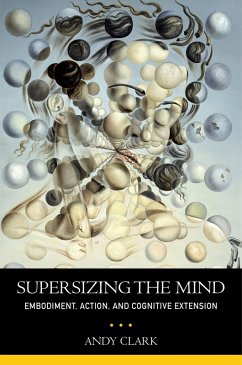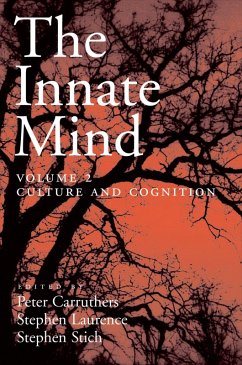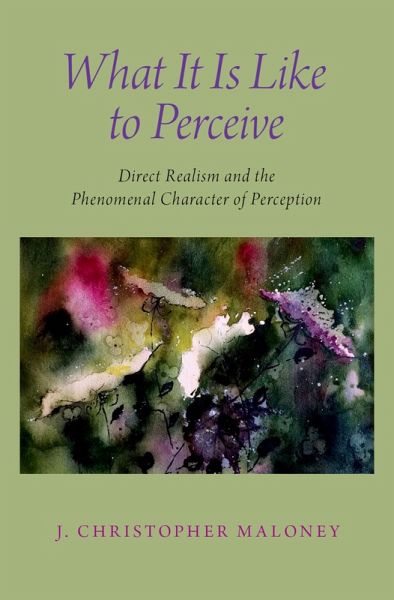
What It Is Like To Perceive (eBook, PDF)
Direct Realism and the Phenomenal Character of Perception
Versandkostenfrei!
Sofort per Download lieferbar
31,95 €
inkl. MwSt.
Weitere Ausgaben:

PAYBACK Punkte
16 °P sammeln!
Naturalistic cognitive science, when realistically rendered, rightly maintains that to think is to deploy contentful mental representations. Accordingly, conscious perception, memory, and anticipation are forms of cognition that, despite their introspectively manifest differences, may coincide in content. Sometimes we remember what we saw; other times we predict what we will see. Why, then, does what it is like consciously to perceive, differ so dramatically from what it is like merely to recall or anticipate the same? Why, if thought is just representation, does the phenomenal character of se...
Naturalistic cognitive science, when realistically rendered, rightly maintains that to think is to deploy contentful mental representations. Accordingly, conscious perception, memory, and anticipation are forms of cognition that, despite their introspectively manifest differences, may coincide in content. Sometimes we remember what we saw; other times we predict what we will see. Why, then, does what it is like consciously to perceive, differ so dramatically from what it is like merely to recall or anticipate the same? Why, if thought is just representation, does the phenomenal character of seeing a sunset differ so stunningly from the tepid character of recollecting or predicting the sun's descent? J. Christopher Maloney argues that, unlike other cognitive modes, perception is in fact immediate, direct acquaintance with the object of thought. Although all mental representations carry content, the vehicles of perceptual representation are uniquely composed of the very objects represented. To perceive the setting sun is to use the sun and its properties to cast a peculiar cognitive vehicle of demonstrative representation. This vehicle's embedded referential term is identical with, and demonstrates, the sun itself. And the vehicle's self-attributive demonstrative predicate is itself forged from a property of that same remote star. So, in this sense, the perceiving mind is an extended mind. Perception is unbrokered cognition of what is real, exactly as it really is. Maloney's theory of perception will be of great interest in the philosophy of mind and cognitive science.
Dieser Download kann aus rechtlichen Gründen nur mit Rechnungsadresse in A, B, BG, CY, CZ, D, DK, EW, E, FIN, F, GR, HR, H, IRL, I, LT, L, LR, M, NL, PL, P, R, S, SLO, SK ausgeliefert werden.




